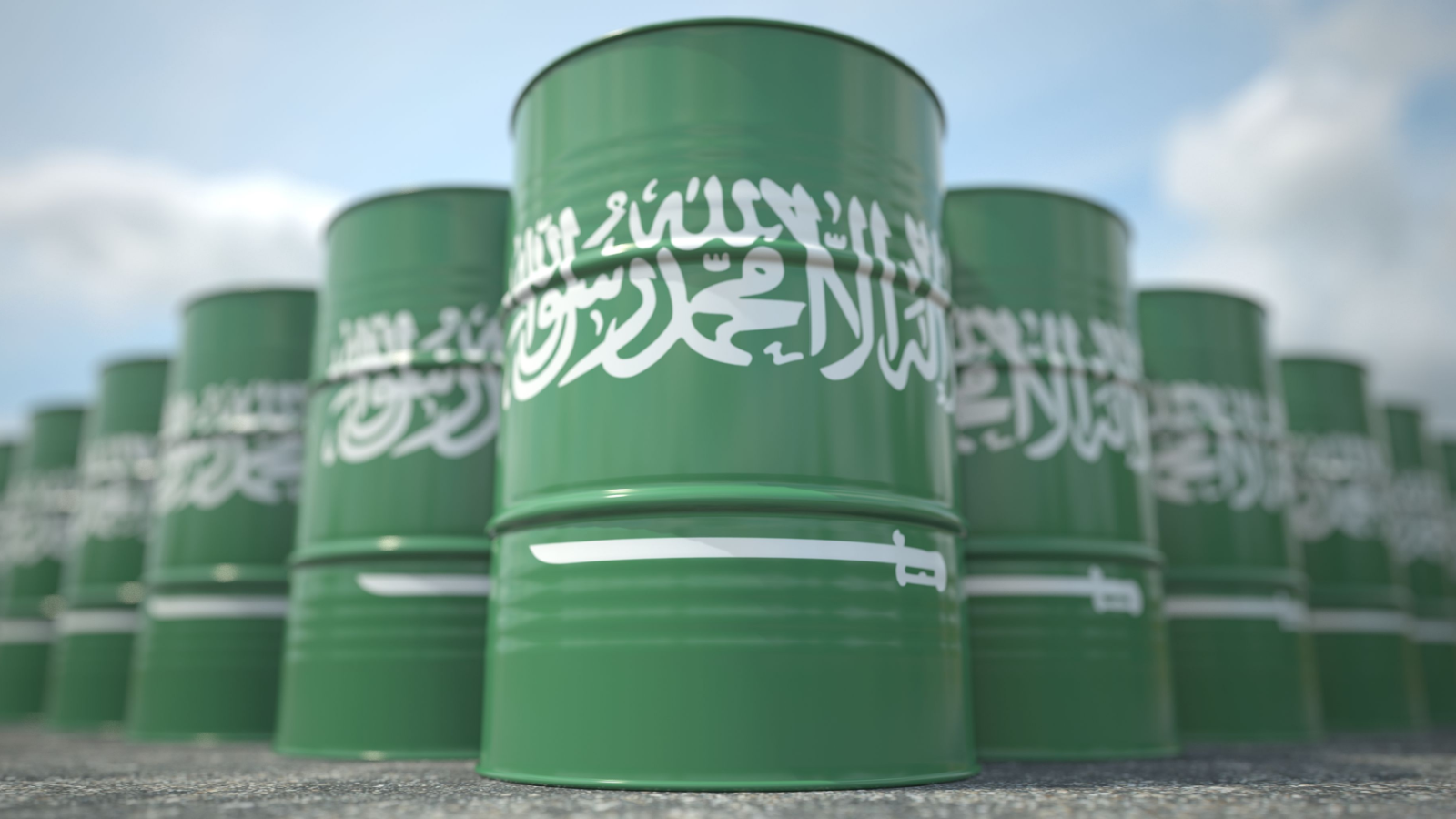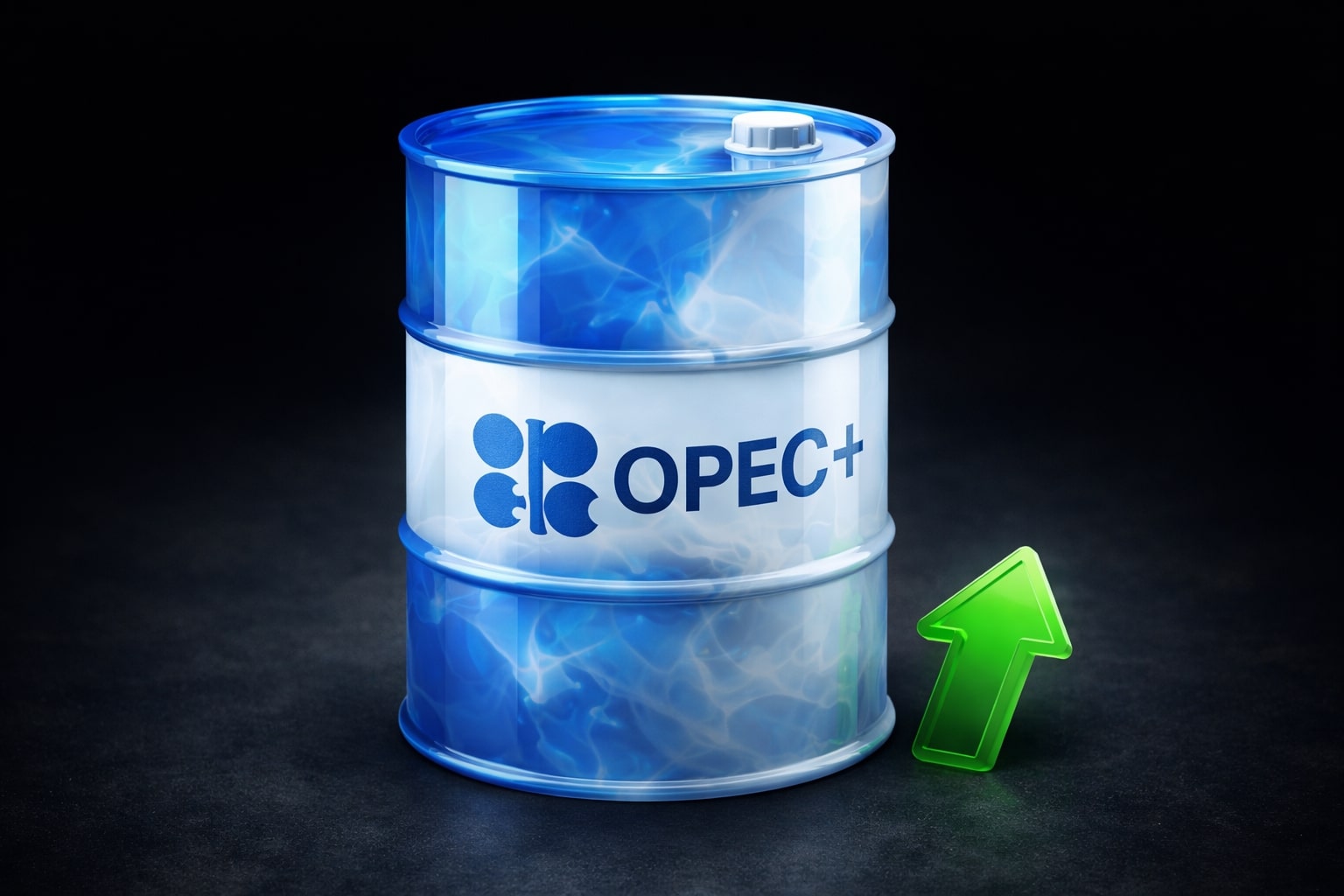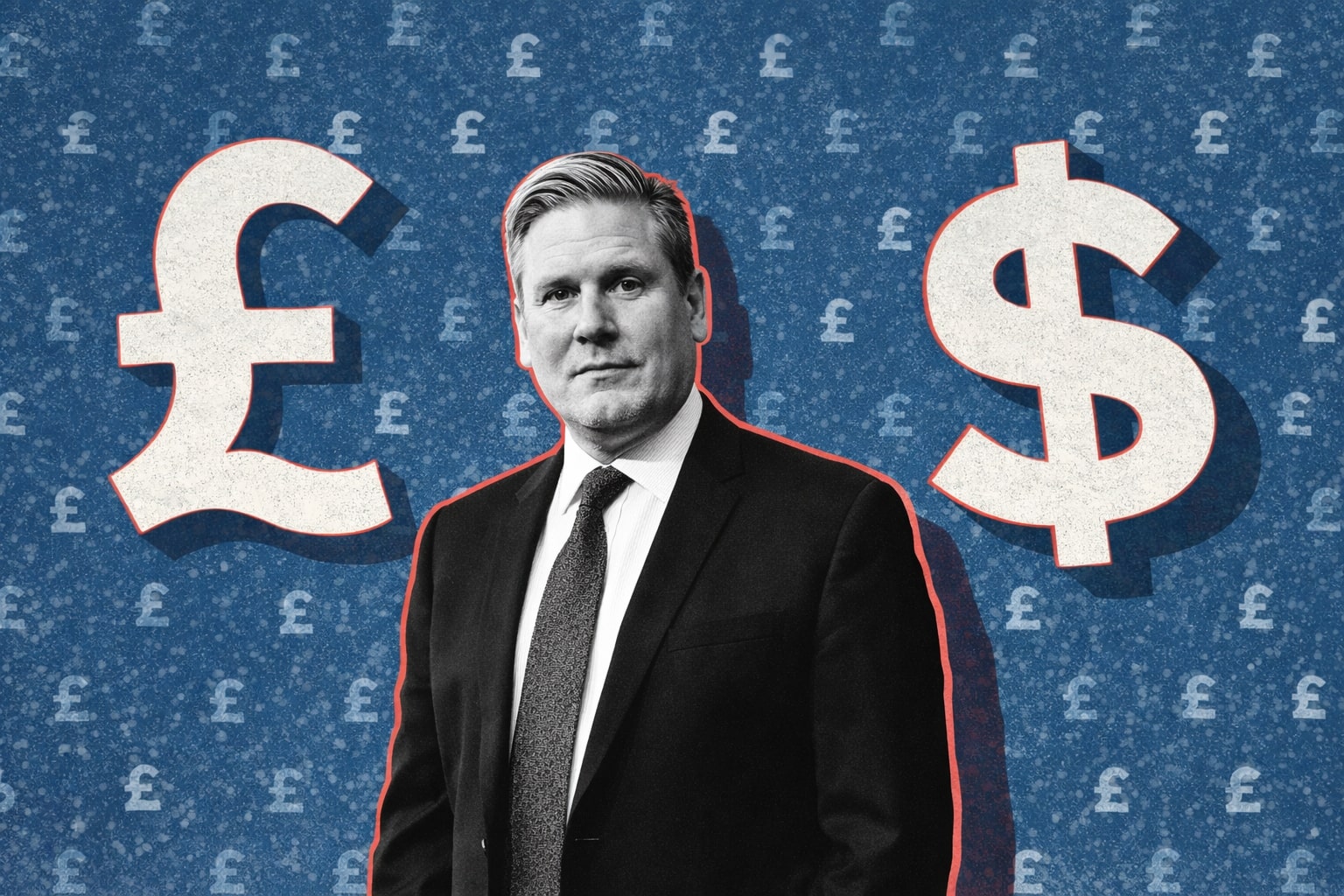
Saudi Aramco's $20B Gamble Amid Oil Market Turbulence
Global Oil Dynamics and Saudi Aramco's Quest for Financial Stability
Despite a net income of SAR119.54 billion (US$31.88 billion) in the first quarter, Saudi Aramco's financial performance appears troubling in the context of its substantial resources and global influence. This concern arises when considering the company's near-monopoly on Saudi Arabia's oil fields, which boast the world's lowest 'lifting cost' - the price of extracting one barrel of oil from the ground - averaging at US$1-2 per barrel.
The struggle to reconcile these low extraction costs with Saudi Aramco's net income figures points to potential issues within the company, which is the third-largest crude oil producer globally. Notably, these concerns were a major reason why no major Western stock exchange would permit Saudi Aramco to list.
The prospect of the company's listing on a major stock exchange was a centerpiece of Crown Prince Mohammed bin Salman's (MbS) plan to elevate Saudi Arabia's status. This plan, conceived in the mid-2010s, intended to fund several initiatives to counteract the impact of the 2014-2016 Oil Price War and to bolster Saudi Arabia's reputation and capital markets. A significant portion of the funds raised from the planned IPO would be directed towards the 'National Transformation Program' 2020, part of Saudi's 'Vision 2030' development plan, aimed at diversifying the Kingdom's economy.
However, the reality of Saudi Aramco's operations and resources painted a different picture. For instance, the company's claimed crude oil production figures were found to be inflated. The average crude oil production from 1 January 1973 to 15 May 2023 was 8.252 million barrels per day (bpd), a far cry from the claimed 10, 11, or 12 million bpd. This discrepancy also cast doubt on the purported spare capacity of around 2 million bpd.
Claims about Saudi Arabia's oil reserves have also been contentious. Despite no major discoveries of new oil fields, the country's reported proven oil reserves increased multiple times since 1989. The total amount of crude oil permanently removed from the ground between 1990 and 2017 was 80.43 billion barrels. However, during the same period, the official crude oil reserves number had risen by 98.5 billion barrels.
Further, Saudi Aramco's role as a funding vehicle for various non-hydrocarbon projects raised concerns among Western investors. Amid these apprehensions, the Saudi government was faced with lawsuits in federal courts alleging its support and funding for the 9/11 terrorist attack on the U.S. These factors significantly hampered MbS's efforts to generate Western investor interest in the Saudi Aramco IPO.
In addition, the Justice Against Sponsors of Terrorism Act, which made it possible for victims' families to sue the government of Saudi Arabia, heightened sovereign concerns over Saudi Arabia and negatively impacted the risk backdrop for the Saudi Aramco IPO.
Despite these challenges, Saudi Aramco's chief executive officer Amin Nasser announced plans for additional performance-linked dividends, targeting 50-70 percent of annual free cash flow, on top of the base dividend. However, the potential introduction of the 'No Oil Producing and Exporting Cartels Act' (NOPEC) could threaten Saudi Aramco's current structure, making it vulnerable to lawsuits for predatory pricing and non-compliance with U.S. antitrust laws.
Amid these challenges, Saudi Arabia is considering another multibillion-dollar offering of Aramco stock, potentially one of the world's largest share sales in recent years. The offering may attract new investors following Aramco's dividend boost and potential additional payouts from excess free cash, which could increase shareholder payouts by as much as $20 billion this year. Despite Aramco
raising close to $30 billion in its 2019 IPO, the largest in history, it leaned heavily on local investors due to the Saudi government's lofty valuation expectations and Aramco's lower yield compared to industry peers.
Oil prices have experienced a significant downturn since mid-last year, owing to a combination of a weakening global economy and central banks escalating interest rates to counteract inflation. In response to this, Saudi Arabia, along with other OPEC+ members, enacted an unexpected cut in oil output in April, a move Riyadh described as a "precautionary measure aimed at supporting the stability of the oil market."
Contrary to its usually bustling listing activity, Saudi Arabia's market has been relatively quiet this year, with other exchanges like Abu Dhabi seizing the spotlight. Concurrently, Aramco has delayed the planned IPO of its energy-trading business in Riyadh, a decision that has added to the existing uncertainty surrounding its financial future.
Saudi Aramco's trajectory, however, isn't solely dependent on oil prices and internal business decisions. The global oil market is in flux, and geopolitical considerations are becoming increasingly consequential. The growing animosity between the U.S. and Saudi Arabia is of particular concern, especially with the potential enactment of the 'No Oil Producing and Exporting Cartels Act' (NOPEC). The implications of NOPEC are far-reaching as it could pave the way for sovereign governments to be sued for predatory pricing and any breach of U.S. antitrust laws. As Saudi Arabia is the de facto leader of OPEC, a de facto cartel, and Saudi Aramco is the nation's primary oil company, the implementation of NOPEC could radically alter Aramco's operations.
If NOPEC were enacted, all of Saudi Aramco's products, including oil, would fall under the umbrella of antitrust legislation, thereby prohibiting sales in U.S. dollars. This could potentially lead to the disintegration of Aramco into smaller entities incapable of influencing oil prices. The mere possibility of such a seismic shift in the structure of the company and the global oil market is a cause for concern and could significantly impact future investment decisions and strategies.
Simultaneously, there are also challenges at the national level. The enactment of the Justice Against Sponsors of Terrorism Act in 2017, which allows victims' families to sue the Saudi Arabian government, coupled with longstanding suspicions of Saudi Arabia's involvement in various terrorist activities, have cast a shadow over the country's international reputation. In the years since, several major lawsuits have been filed in federal courts alleging Saudi government support and funding for the '9/11' terrorist attack on the U.S. These geopolitical tensions have only exacerbated the risk backdrop for potential investors in Saudi Aramco.
Read More
-
Salesforce Stock Price Forecast - Why CRM Stock Around $238 Still Discounts Agentforce And 34% FCF
14.01.2026 · TradingNEWS ArchiveStocks
-
XRP Price Forecast - XRP-USD Holds Above $2 as Luxembourg EMI and CLARITY Act Cut Regulatory Risk
14.01.2026 · TradingNEWS ArchiveCrypto
-
Oil Price Forecast: WTI Oil Breaks Out Toward $62 as Brent Jumps Above $66 on Geopolitical Risk
14.01.2026 · TradingNEWS ArchiveCommodities
-
Stock Market Today - Dow Slides to 48,977 as BAC, WFC Sink and Gold Blasts to $4,621
14.01.2026 · TradingNEWS ArchiveMarkets
-
GBP/USD Price Forecast - Pound Holds 1.34–1.35 Band As Fed Independence Shock Offsets Strong US Numbers
14.01.2026 · TradingNEWS ArchiveForex


















